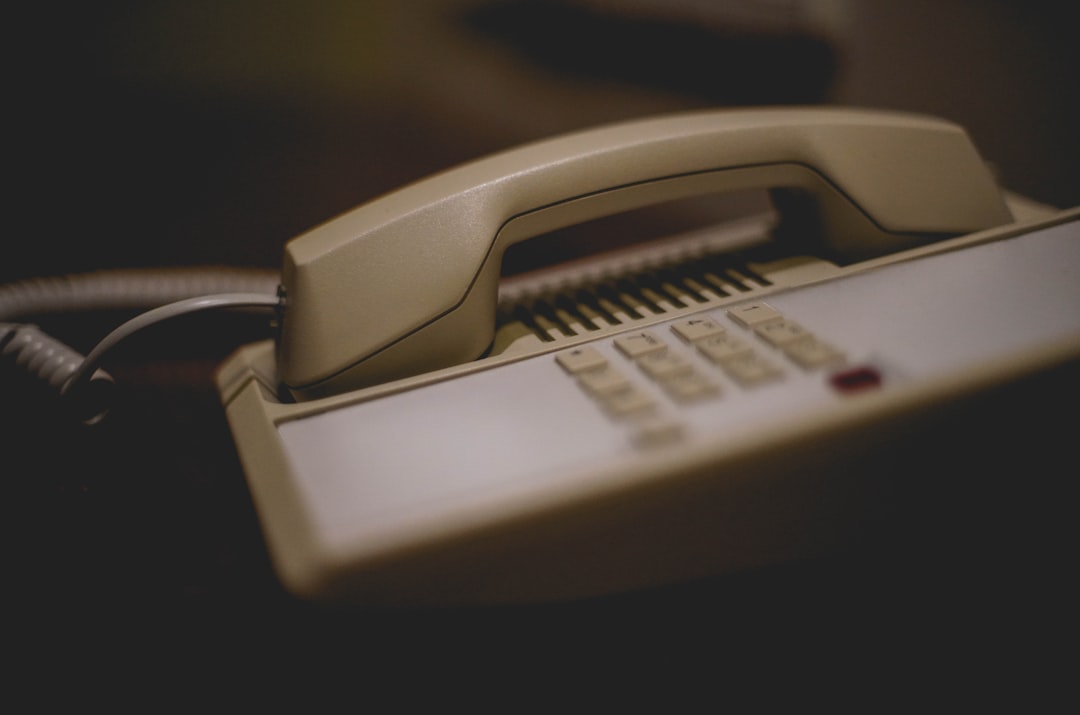Robocall scams have reached epidemic levels in Peoria, with residents targeted by sophisticated fraudsters using advanced technology. These automated calls often impersonate government agencies or reputable companies, aiming to trick recipients into revealing personal information. With Peoria's growth and high density, it's a prime target for global scammers. To protect themselves, Peorians should exercise caution when answering unknown numbers, verify caller identity before sharing info, register on the National Do Not Call Registry, use privacy settings, install anti-robocall apps, and report scams to local authorities or the FTC. Stay informed through consumer newsletters and local resources dedicated to combating Robocall Phoenix incidents.
Peoria residents, be alert! Robocall scams are on the rise, targeting your personal information. Understanding these cunning schemes is the first step to protection. This guide equips Peorians with knowledge and tools to identify and combat robocalls. Learn how these automated calls operate and why our city is a prime target. Discover practical tips to stay safe, protect your privacy, and even report these scams. Stay ahead of Phoenix’s robocall threat—your digital fortress starts here.
Understanding Robocall Scams: How They Work and Why Peoria Residents Are Targeted

Robocall scams have become a prevalent issue for residents across the country, including Peoria. These automated phone calls, often referred to as Robocalls, are designed to manipulate and deceive recipients into providing personal information or performing actions that benefit scammers. The methods used by these fraudsters can be sophisticated, leveraging advanced technology to make their calls appear legitimate. Common tactics include impersonating government agencies, financial institutions, or trusted companies to gain a sense of urgency and trust from the target audience.
Peoria residents are particularly targeted due to the region’s growth and increasing population. Scammers aim for areas with a high number of potential victims, as it provides more opportunities for success. With the rise of digital communication, Robocall Phoenix has become a significant concern, as these calls can be generated from anywhere worldwide, making them hard to trace. Understanding how these scams operate is the first step towards protecting oneself and becoming more cautious when answering unknown phone numbers.
Identifying Suspected Robocalls: Tips for Peorians to Stay Safe

Peorians should be vigilant and cautious when answering phone calls, especially from unknown numbers. One way to identify suspected robocalls is by paying attention to a few key indicators. Often, these automated calls will have generic greetings like “Hello” or “This is your bank” without using your name, which can raise red flags. They might also feature short pauses after the greeting, suggesting a computer-generated voice rather than a live operator.
Additionally, if you receive repeated calls from the same number within a short period, it’s likely a robocall attempt. Robocallers often target specific areas, so if your neighbors are complaining about similar calls, be on high alert. Remember, legitimate companies rarely use automated dialing systems for marketing purposes, so staying cautious and not providing any personal information is crucial until you verify the caller’s identity.
Protecting Your Privacy: Actions to Take Against Robocalls

Protecting your privacy from robocalls is a proactive step for any Peoria resident aiming to stay ahead of scammers. The first line of defense is to register on the National Do Not Call Registry. This federal list restricts telemarketers from contacting you, significantly reducing unwanted calls. Regularly reviewing and updating your contact preferences on various services and devices is also crucial. Consider using privacy settings offered by phone companies and social media platforms to control who can reach you.
Additionally, being cautious with personal information is vital. Avoid providing details over the phone unless you initiate the call and trust the recipient. Install reputable anti-robocall apps that block known scammer numbers and offer advanced filtering. Regularly updating your software and security patches further safeguards your communication channels from potential vulnerabilities exploited by scammers.
Resources and Reporting: What You Can Do if You've Fallen Victim to a Robocall Scam

If you’ve fallen victim to a robocall scam in Peoria, don’t panic—there are steps you can take to protect yourself and help prevent future incidents. Start by hanging up immediately and blocking the caller’s number if your phone allows it. Then, report the incident to local law enforcement or the Federal Trade Commission (FTC) through their dedicated online complaint form. The FTC, in particular, maintains a robust database of robocall complaints that helps identify trends and take action against perpetrators.
Additionally, consider using call-blocking apps or features available on your phone service provider’s platform. These tools can filter out unwanted calls, including robocalls from Phoenix-area scammers. Stay informed by signing up for consumer protection newsletters and following local resources dedicated to combating robocall scams in the Phoenix metropolitan area.






